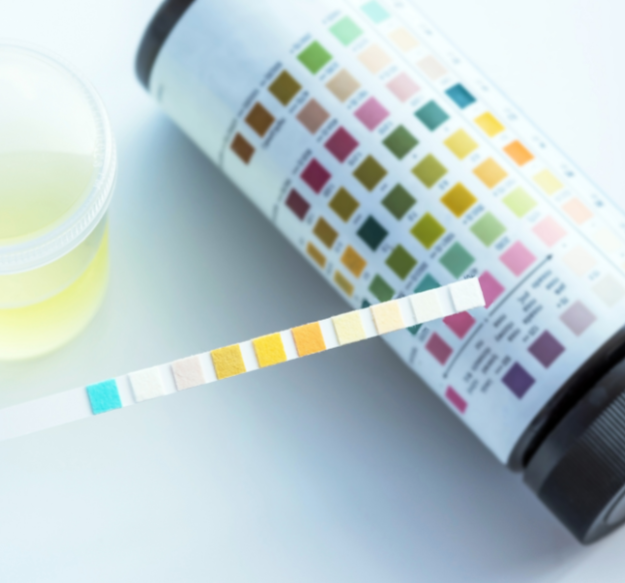What Is Proteinuria?
Proteinuria is a condition in which there is an abnormally high or excessive amount of protein present in the urine. Normally, the kidneys filter waste products while keeping important substances like protein in the bloodstream. However, when the kidney filters are damaged or not working properly, protein leaks into the urine instead of being retained in the body. This leak can make the urine appear frothy or bubbly. Proteinuria can be a sign of underlying kidney conditions such as chronic kidney disease, acute kidney injury, glomerulonephritis or other forms of kidney inflammation.
What Are the Signs and Symptoms of Proteinuria?
Proteinuria is often detected during a routine urine test, and it may not cause any noticeable symptoms. The early signs of proteinuria are bubbling in urine and leg swelling. However, if the kidney condition progresses to a severe form, proteinuria may cause the following symptoms:
Foamy urine or bubbling in urine
Swelling in the face, abdomen, feet or ankles
More frequent urination
Shortness of breath
Tiredness
Nausea and vomiting
Muscle cramps at night







